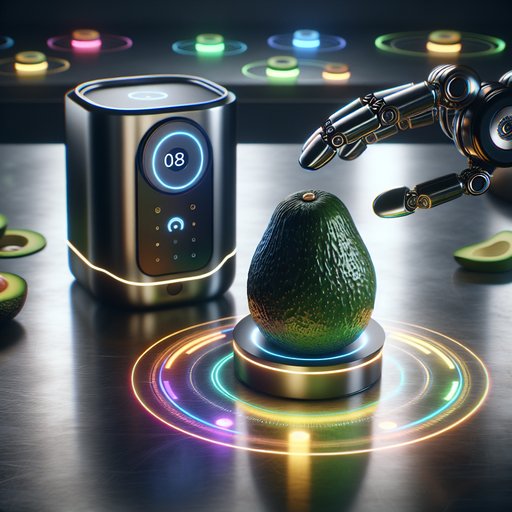
In a breakthrough for everyday shoppers and food waste reduction efforts, scientists have developed an artificial intelligence application that can accurately determine an avocado's ripeness through image analysis. The innovative technology aims to help consumers avoid the frustration of purchasing either underripe or overripe avocados, while simultaneously addressing the growing concern of food waste in households [1].
The AI model has been trained on thousands of avocado images, learning to identify subtle visual cues that indicate optimal ripeness. Users can simply take a photo of an avocado using their smartphone, and the app provides immediate feedback about its ripeness state. This development represents a practical application of machine learning technology in solving an everyday consumer challenge.
Beyond individual consumer benefits, the technology has significant implications for reducing food waste. With many avocados being discarded due to improper ripeness assessment, this AI solution could help minimize the environmental impact of food waste while saving consumers money on their grocery bills.
The timing of this innovation coincides with broader advances in AI applications across various sectors. For instance, in the transportation sector, researchers have recently developed a hybrid machine learning model for enhancing transport safety engineering [2], demonstrating the versatility of AI in solving complex real-world problems.
In the cloud computing space, companies like Alibaba Cloud are making significant strides in optimizing AI model performance while reducing the computational footprint of GPU usage [3]. These developments suggest a growing trend toward more efficient and practical AI applications that directly benefit consumers.
























